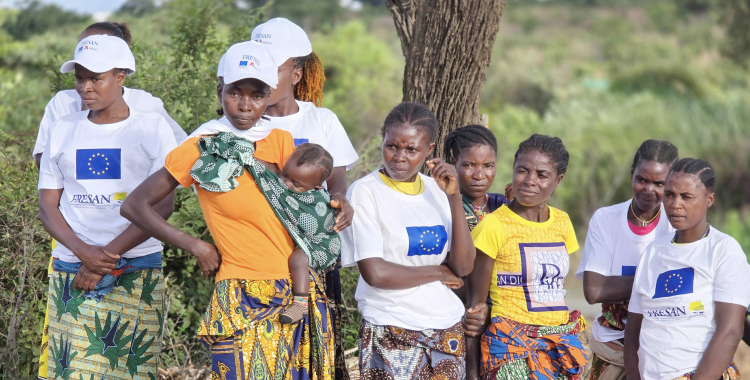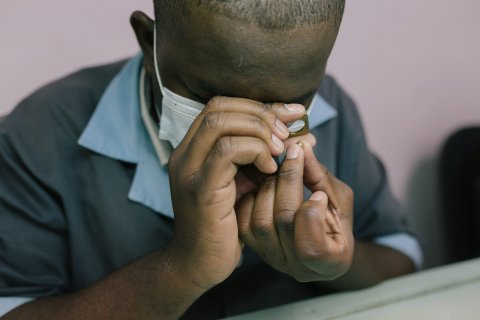FRESAN, funded by the European Union with €65 million, was implemented between 2018 and 2025 in the provinces of Cunene, Huíla, and Namibe, focusing on reducing hunger, poverty, and climate vulnerability.
"The FRESAN program's results are clearly positive, resulting from the coordination of various sectoral areas that contribute to food and nutritional security," Patrícia Carvalho, general coordinator of the program, told Lusa, highlighting the areas of agriculture, health, nutrition, civil protection, the environment, and meteorology.
Patrícia Carvalho particularly highlighted "the direct support to communities in accessing water, one of the structural pillars of the program."
FRESAN was implemented by four main partners – Camões IP, the Food and Agriculture Organization of the United Nations (FAO), the United Nations Development Programme (UNDP), and the Vall d'Hebron Hospital – in collaboration with the Government of Angola, as well as non-governmental organizations and local partners.
Data provided by FRESAN indicate that more than 500 water infrastructures were built, benefiting more than 300,000 people and supporting 16,175 farmers and pastoralists.
Also noteworthy was the training of 12,186 members of agricultural cooperatives and associations and the strengthening of agricultural product marketing capacity for 3,955 farmers, exceeding the 1,750 initially planned.
The program also enabled the installation of six automatic weather stations integrated into the system of the National Institute of Meteorology and Geophysics of Angola (INAMET) and promoted field schools for farmers and nutrition education campaigns focusing on the first thousand days of children's lives.
Despite the progress, the indicators remain worrying, as the intervention created technical and institutional capacity but did not eliminate the structural causes of hunger.
Therefore, the results achieved can only be sustained with continued and strengthened interventions, intersectoral coordination, and long-term solutions, he emphasized.
"Obviously, one of the critical factors is to somehow, over time, perpetuate these results, give them consistency and scale, but also reinforce that all interventions are truly grounded in other [Angolan] government programs and projects. We believe that the future path will allow us to consolidate these results and give them greater scale," he maintained.
The program's closing ceremony takes place this week with an official ceremony in Namibe, preceded by field visits, debates, and a cultural gala, an event that brings together representatives from the government, the European Union, and the various agencies and non-governmental organizations involved.







